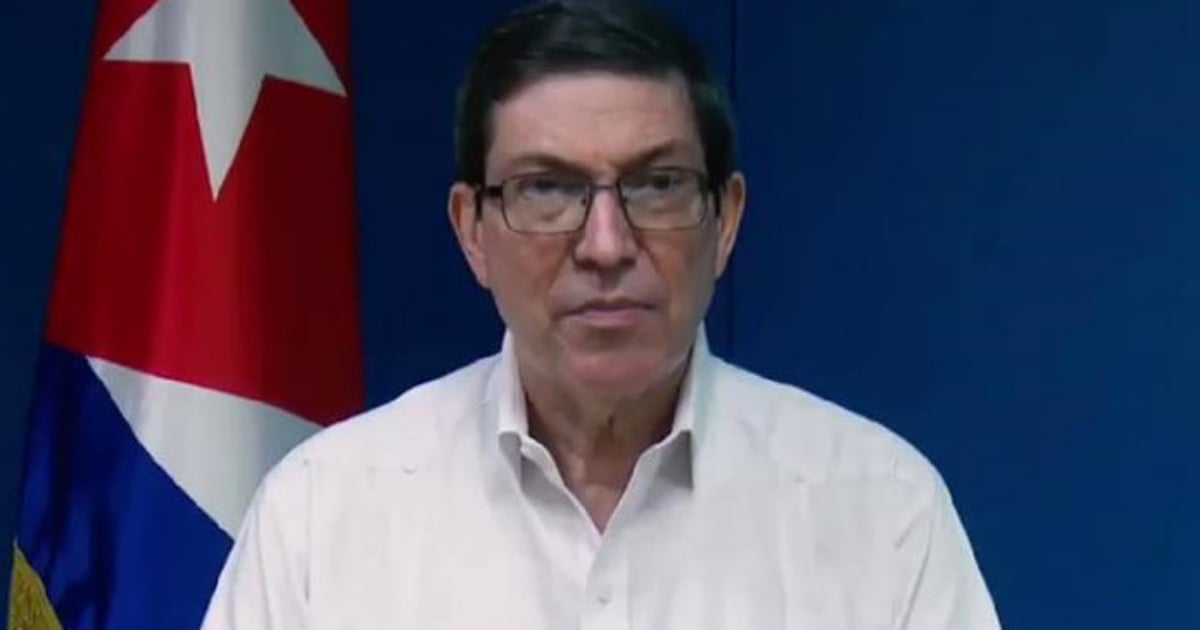
Chancellor Bruno Rodríguez Parrilla stated that the Cuban government is engaged in negotiations to receive aid from several countries amid the severe energy crisis affecting the island.
"We thank the efforts and immediate support offered by the governments of Venezuela, Mexico, Colombia, Russia, and Barbados to address the current situation of the National Electro-energy System (SEN). Cuba is in talks to finalize the receipt of this aid," said the chancellor on the social network X.
The chancellor's statements come at a time of desperation in Cuba. The people have no fresh food to consume, nor fuel to cook in their homes. There is also no drinking water in most houses, and the government does not know when or how it will be able to resolve the energy crisis.
The ruler Miguel Díaz-Canel said that soon, without specifying a date, Cuba could receive assistance from other governments to address the crisis generated by the blackouts.
"It is comforting and encouraging to receive solidarity from various governments and peoples. We appreciate this support and the strong Declaration from ALBATCP, which points to the main culprit: the inhumane blockade policy of the United States," said Díaz-Canel.
The Cuban leader refuses to acknowledge the errors of his government that have led to this situation of total darkness in Cuba. He blames the United States, clearly continuing the regime's policies over more than 60 years in power that have driven Cubans to the absolute misery in which they survive today.
Since October 18, 2024, Cuba has been experiencing widespread blackouts due to the disconnection from the SEN, following the shutdown of the Antonio Guiteras thermoelectric plant, one of the main sources of energy in the country.
The massive blackout left millions of Cubans without electricity and triggered a wave of protests in several cities, including Havana and Santiago de Cuba.
Cubans expressed their frustration not only due to the lack of electricity and water, but also because of the absence of essential services such as internet access and the inability to charge electronic devices, which heightened the isolation of the population.
The authorities pointed to the Antonio Guiteras thermoelectric plant as the main cause of the energy collapse, although it is also due to a lack of fuel and failures in other plants distributed across the country.
Despite attempts to restore the service, the collapse continues to provoke a widespread reaction of discontent that has spread to social media and has caused protests in public spaces for the third consecutive day.
Díaz-Canel warned this Sunday that the government will not allow the people to protest in the streets.
"We will not allow anyone to act by provoking vandalistic acts and much less disturbing the peace of the people. That is a conviction, a principle of our revolution," he said in a clear threat against those who protest for the end of the dictatorship in the country.
What do you think?
COMMENTFiled under: